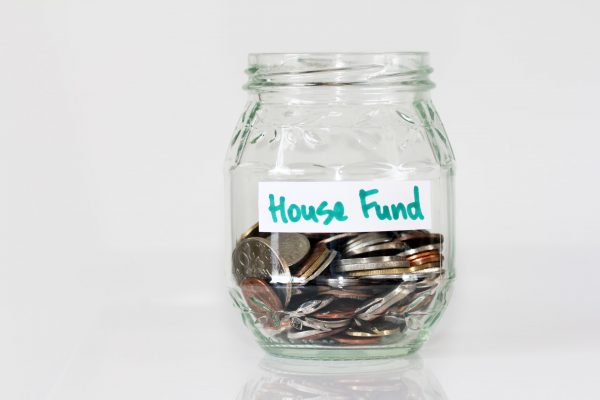7 Reasons Not to Skip A Home Inspection
If you’re in the market for a new home, don’t forget to include an inspection contingency in your contract. A professional home inspection can save you a ton of aggravation and thousands of dollars in the long run. The inspector will carefully examine the entire house, checking its systems, structure and equipment for functionality and potential problems.
Here are 7 reasons to not skip a home inspection:
1. Find deal-breakers
A house may look fantastic, yet have major issues with wiring, roof, HVAC, plumbing and more. A quality home inspection will give you the inside scoop. If the inspection reveals any large problems that may take heavy work or expensive repairs, you might want to back out of the deal.
2. Safety concerns
An inspection can reveal the presence of harmful substances like radon, carbon monoxide and mold. Look for these hazards before it’s officially yours. You don’t want any unpleasant surprises when it’s too late to back out.
3. Anticipate future costly repairs
A home’s systems and equipment may appear to be working fine when they’re actually on their last legs. A professional inspector can determine the age and condition of the systems and equipment, and then forecast when they’ll need to be repaired or replaced. This can help you budget for a major repair several years down the line.
4. Reveal illegal additions
The awesome rec room you love in your potential new home might have been illegally built. An inspection will check for rooms, garages and basements that were added or finished without following legal codes or obtaining the proper permits. Having an illegal addition in your home means owning property that does not officially exist. This can get you into big trouble with home insurance and property taxes.
If a home inspection reveals any illegal additions, you can ask the seller to obtain the proper permits now, use this information as a bargaining chip or choose to back out of the deal.
5. Obtain insurance easily
Lots of home insurance companies will not insure a home if it has not undergone a certified inspection.
6. Learn how to protect your investment
The inspector will be an invaluable source of information for you, providing tips and knowledge on how best to maintain your home. Knowing how to properly care for your home can save you thousands of dollars over the years.
7. Negotiate
Most home inspections will reveal problems. If they are minor enough to keep you interested in buying the house in its present condition, use them as bargaining tools and renegotiate the purchase price of the home.
Are you in the market for a new home? Call, click or stop by Olean Area Federal Credit Union today to ask about our fantastic home loan options!






